Close
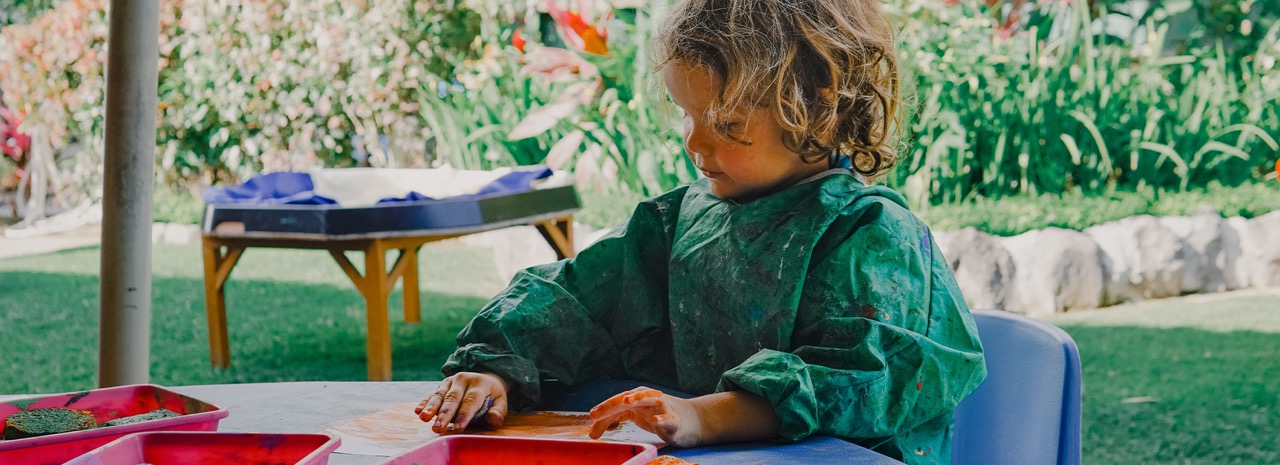
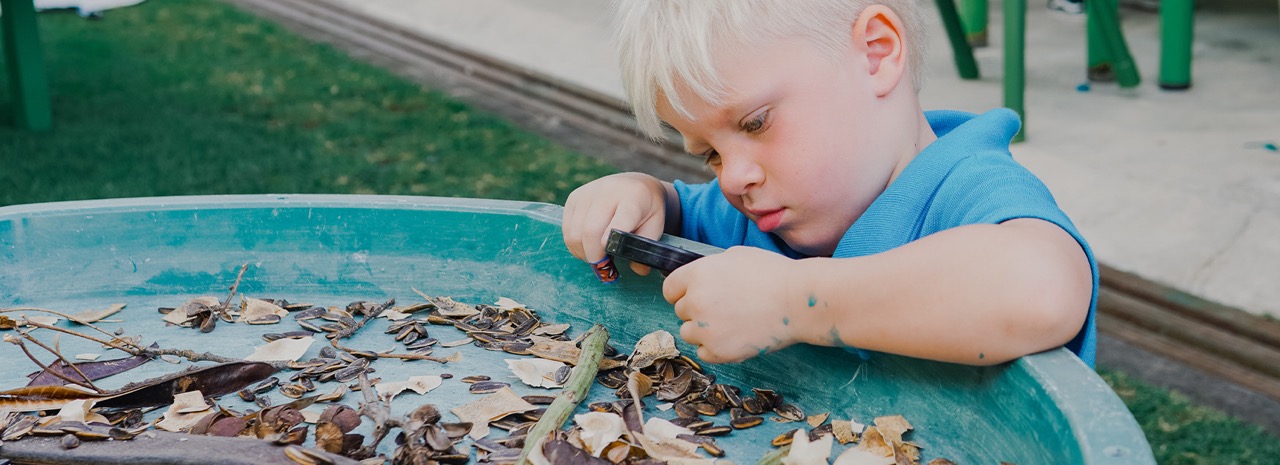
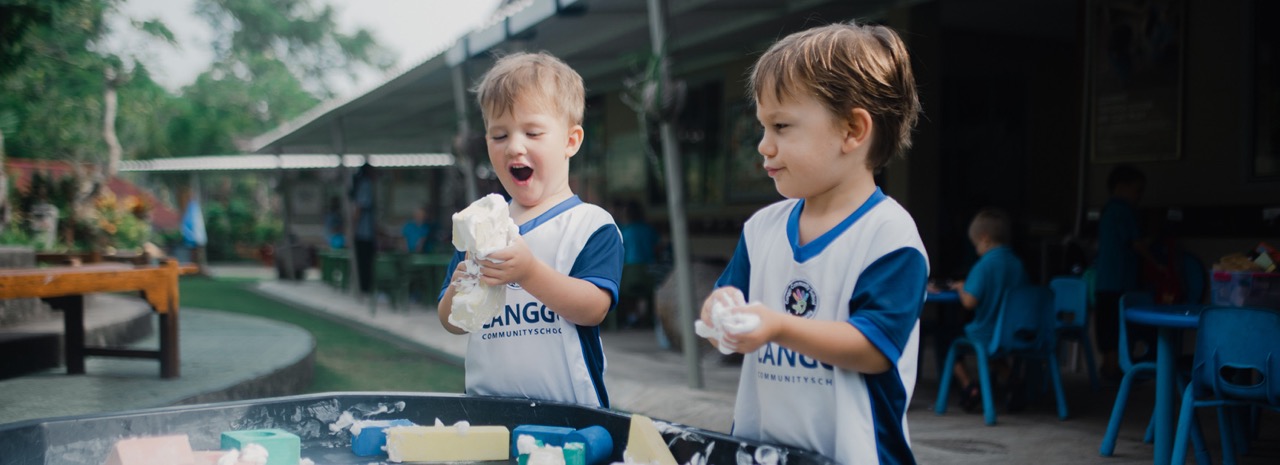
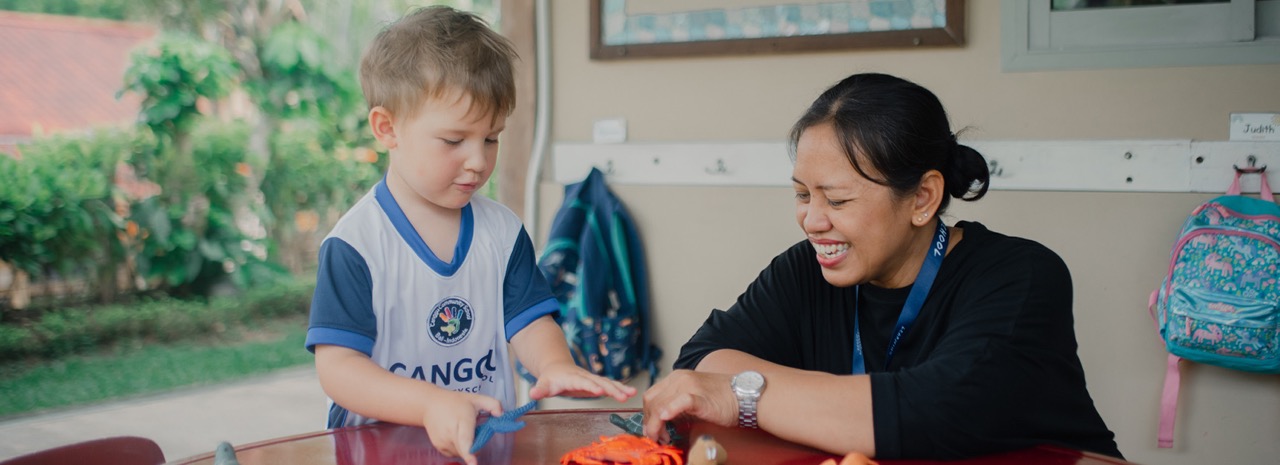
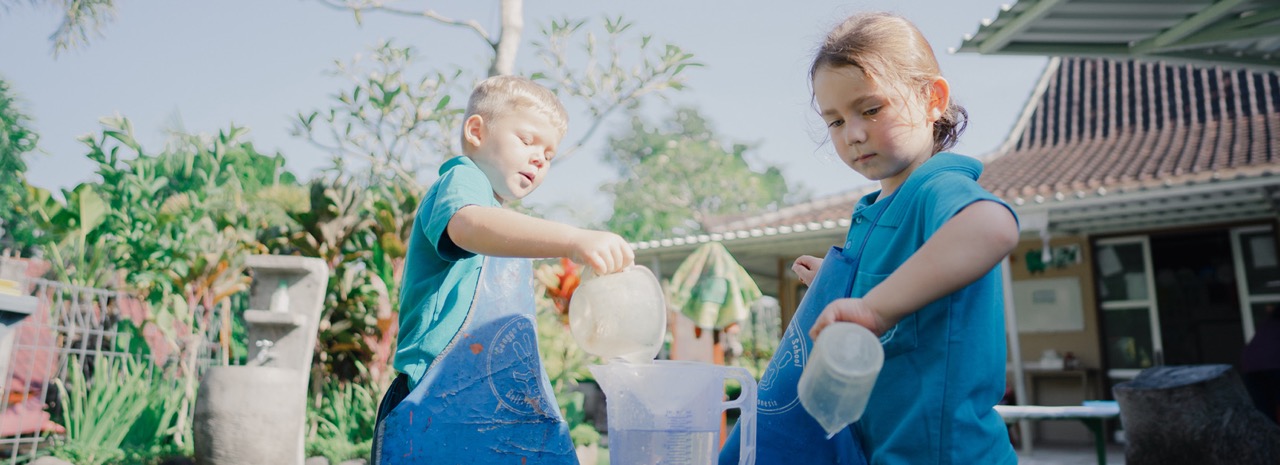
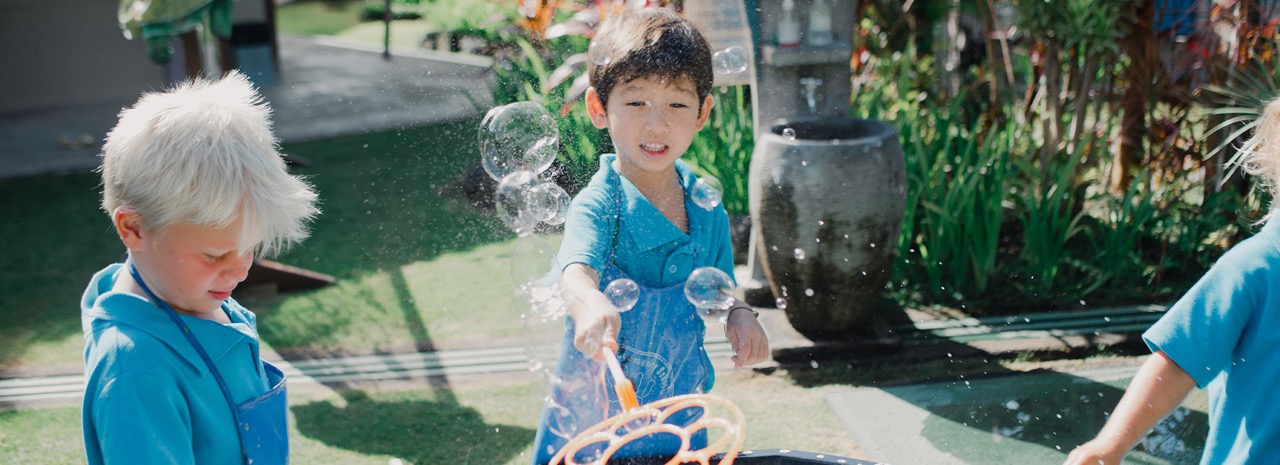
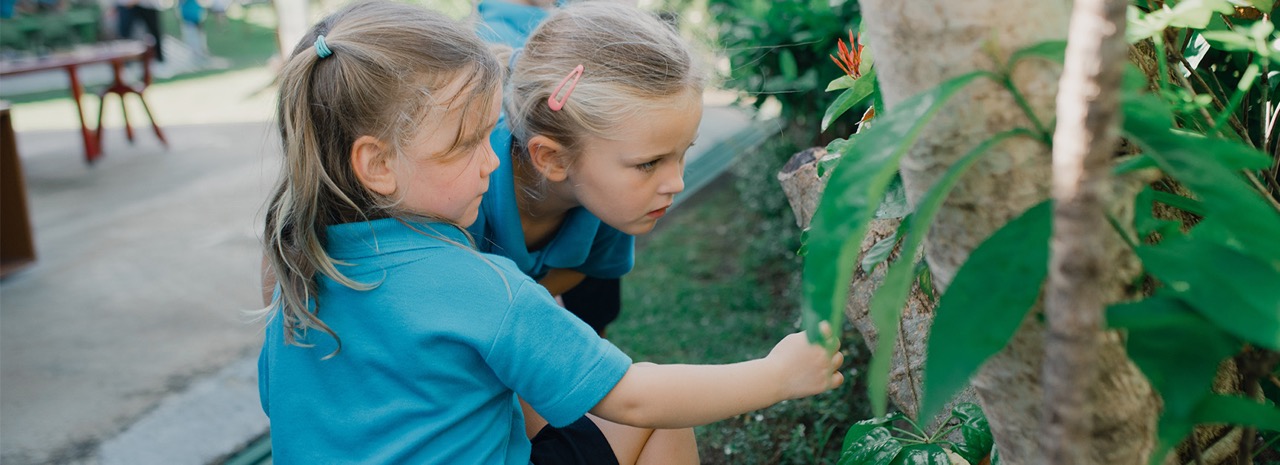
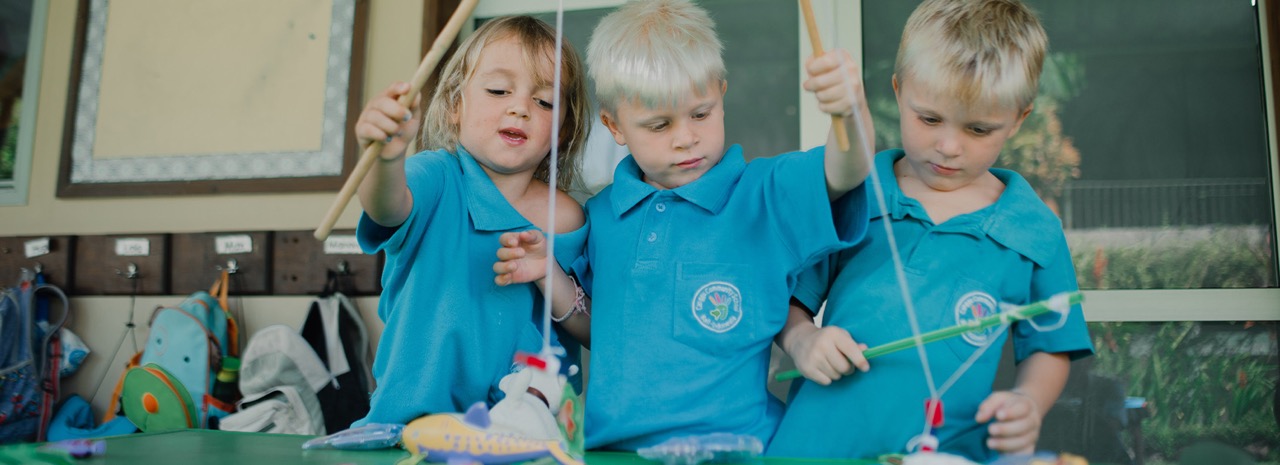
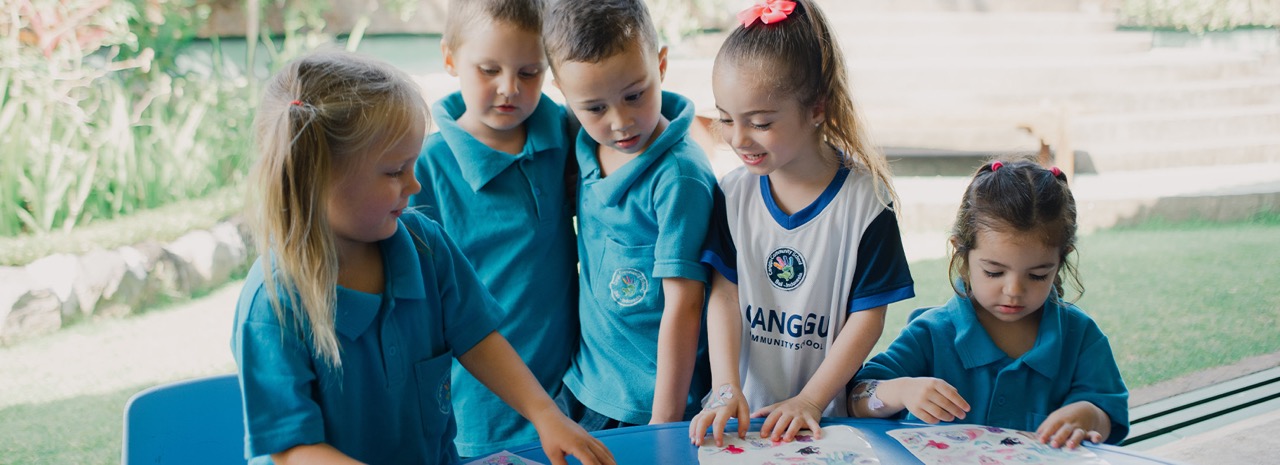

The Early Years Program at CCS caters for children from three to four years old in three classes. In both classes, the target number of students is 20.
Children learn through a stimulating inquiry-based curriculum, with a balance of discovery, play and structured work times. Early literacy and mathematical skills are developed within a supportive, enjoyable framework.
As well as three spacious, air-conditioned classrooms, these students have their own outdoor play space that is partially covered. This means there is always a large shady place to play and the children can still go outside in the rainy season.
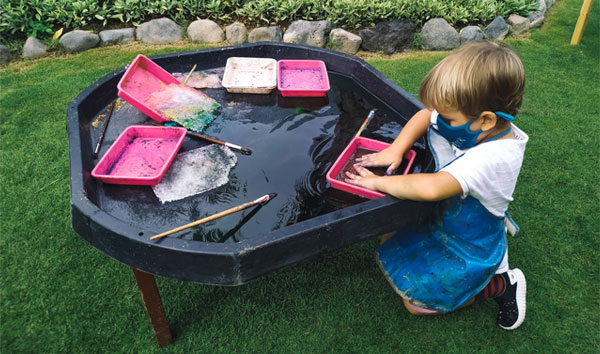
Children in the Early Years start school at 8.35am. There is time for play at the beginning of the school day, and this is a good time to teach organisational skills such as hanging their school bag up and making sure their water bottle is in the correct place. Morning play break is at 10.30-11.00am and lunch is from 12.40pm to 1.30pm. The school day for Early Years students finishes at 3.00 pm.
Classes have a schedule which includes in-class learning and the specialist classes of PE, Swimming, Music, and Indonesian.
Our young students are learning about independence and responsibility but do need more assistance than older students. Because of this, we keep our ratio of children to adults low and each class has one full-time teacher and two full-time qualified teaching assistants.
Early Years students learn within an inquiry-based framework. Children learn by exploring the world around them and making connections.
Our curriculum is based on the English National Curriculum, Early Years Foundation Stage (EYFS) and the Indonesian National Curriculum. We use an inquiry-based learning model as our framework for teaching and learning.
Most learning for our younger students happens with the classroom teachers but Music, Indonesian, PE, and Swimming are taught by qualified specialist teachers.
Your child will mostly be taught through games and play.
| The areas of learning are: | |
|---|---|
| Communication and language | Physical development |
| Personal, social and emotional development | Literacy |
| Mathematics | Understanding the world |
| Expressive arts and design | |
During the year, the Early Years classes will engage with four Units of Inquiry, one from each of the following organising themes. Each year, they revisit the themes, focusing on a different aspect and building on previously acquired understanding of concepts.
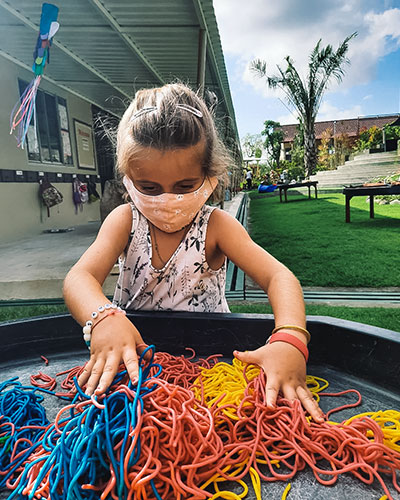
These Units of Inquiry help students develop understandings about their identity, their development and the ways in which they can care for their emotional, physical and mental wellbeing as they grow. These inquiries explore the ways in which each person can work towards their potential, develop resilience, build healthy relationships and make wise choices for their own safety and health. Inquiries also promote an understanding of creative expression and ways in which people manage and communicate their emotions.
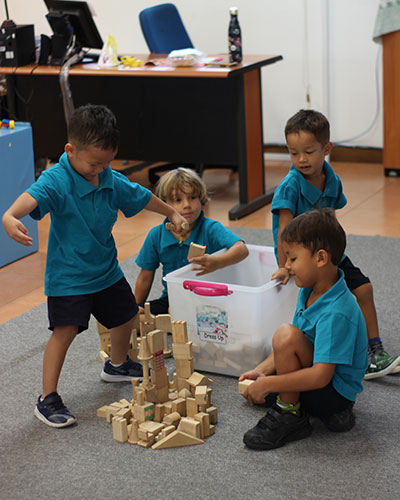 Learning to Understand and Live with Others.
Learning to Understand and Live with Others.These Units of Inquiry develop students’ understanding of different ways communities are organised. These inquiries provide a context for exploring the ways in which people and places change over time, and the importance of learning about the past to understanding the present and plan for the future. These units promote learning about the connection people have with their culture and significance of our cultural lives. Central to these inquiries are the values of social justice, inclusion and respect for all.
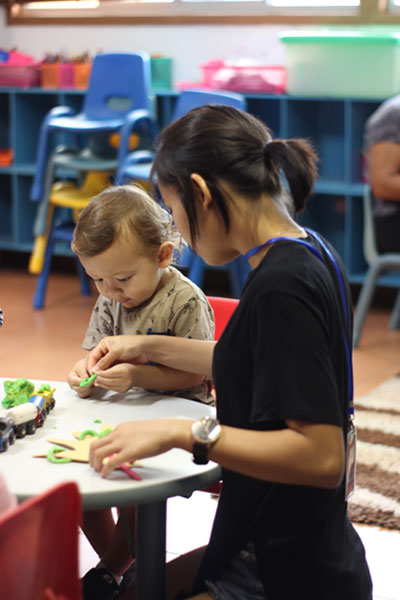 Learning to Understand and Live with the Natural Environment.
Learning to Understand and Live with the Natural Environment.These Units of Inquiry help students understand more about the interactions between people and the environment and how the earth’s systems work to support life. Importantly, these units promote inquiries that help children understand more about how the natural, biological world works, as well as the everyday practices and behaviours that will lead to a more sustainable future. The role of science in helping us understand and care for the environment is critical to these units. These units promote curiosity and a fascination for the diversity within the natural environments and a respect for the resources critical to our survival.
These Units of Inquiry help students develop understandings about the scientific principles and practices that can explain the way the world works. By exploring the physical world, design and the built environment, students will be engaged in developing both processes and concepts critical to science and technologies. These units focus on the role of science and technology in relation to people’s needs, wants and values and the impact of scientific inquiry and discovery throughout history.
Children in the Early Years start school at 8.30am. There is time for play at the beginning of the school day, and this is a good time to teach organisational skills such as hanging their school bag up and making sure their water bottle is in the correct place. Morning play break is at 10.30-10.50am and lunch is from 12.30pm to 1.20pm. The school day for Early Years students finishes at 2.20pm.
Classes have a schedule which includes in-class learning and the specialist classes of PE, Swimming, Music, and Indonesian.
Early Years students learn within an inquiry-based framework. Children learn by exploring the world around them and making connections.
Our curriculum is based on the English National Curriculum, Early Years Foundation Stage (EYFS) and the Indonesian National Curriculum. We use an inquiry-based learning model as our framework for teaching and learning.
Most learning for our younger students happens with the classroom teachers but Music, Indonesian, PE, and Swimming are taught by qualified specialist teachers.
Your child will mostly be taught through games and play.
| The areas of learning are: | |
|---|---|
| Communication and language | Physical development |
| Personal, social and emotional development | Literacy |
| Mathematics | Understanding the world |
| Expressive arts and design | |
During the year, the Early Years classes will engage with four Units of Inquiry, one from each of the following organising themes. Each year, they revisit the themes, focusing on a different aspect and building on previously acquired understanding of concepts.
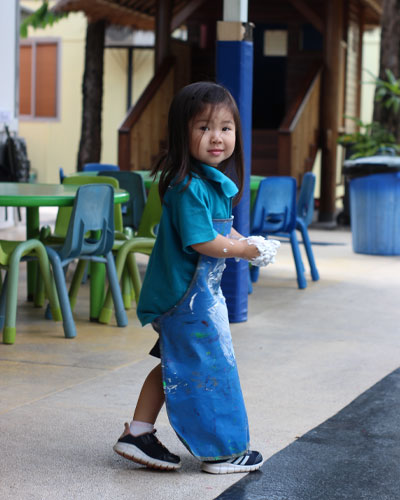
These Units of Inquiry help students develop understandings about their identity, their development and the ways in which they can care for their emotional, physical and mental wellbeing as they grow. These inquiries explore the ways in which each person can work towards their potential, develop resilience, build healthy relationships and make wise choices for their own safety and health. Inquiries also promote an understanding of creative expression and ways in which people manage and communicate their emotions.
 Learning to Understand and Live with Others.
Learning to Understand and Live with Others.These Units of Inquiry develop students’ understanding of different ways communities are organised. These inquiries provide a context for exploring the ways in which people and places change over time, and the importance of learning about the past to understanding the present and plan for the future. These units promote learning about the connection people have with their culture and significance of our cultural lives. Central to these inquiries are the values of social justice, inclusion and respect for all.
 Learning to Understand and Live with the Natural Environment.
Learning to Understand and Live with the Natural Environment.These Units of Inquiry help students understand more about the interactions between people and the environment and how the earth’s systems work to support life. Importantly, these units promote inquiries that help children understand more about how the natural, biological world works, as well as the everyday practices and behaviours that will lead to a more sustainable future. The role of science in helping us understand and care for the environment is critical to these units. These units promote curiosity and a fascination for the diversity within the natural environments and a respect for the resources critical to our survival.
These Units of Inquiry help students develop understandings about the scientific principles and practices that can explain the way the world works. By exploring the physical world, design and the built environment, students will be engaged in developing both processes and concepts critical to science and technologies. These units focus on the role of science and technology in relation to people’s needs, wants and values and the impact of scientific inquiry and discovery throughout history.

